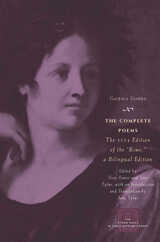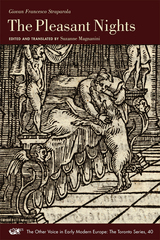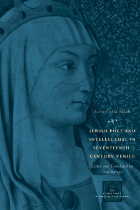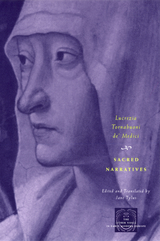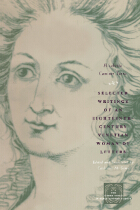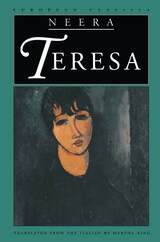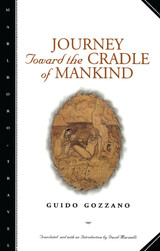Glory: The Gospel of Judas, A Novel
Rutgers University Press, 2024
eISBN: 978-1-9788-3960-1 | Paper: 978-1-9788-3957-1 | Cloth: 978-1-9788-3958-8
Library of Congress Classification PQ4807.E815G5713 2024
Dewey Decimal Classification 853.914
eISBN: 978-1-9788-3960-1 | Paper: 978-1-9788-3957-1 | Cloth: 978-1-9788-3958-8
Library of Congress Classification PQ4807.E815G5713 2024
Dewey Decimal Classification 853.914
ABOUT THIS BOOK | AUTHOR BIOGRAPHY | REVIEWS | TOC
ABOUT THIS BOOK
Christ’s nemesis Judas Iscariot remains a shadowy figure in the four canonical gospels, which give contradictory reasons for why this rogue disciple betrays Christ. But how would Judas himself explain his motives?
In Glory, Italian modernist Giuseppe Berto’s final novel, Judas finally tells his side of the story. From his perspective, Jesus is the betrayer, a would-be political activist and social reformer who fails to live up to his promises. And by fulfilling his predestined role in the drama of Christ’s death and resurrection, Judas himself is partly responsible for humanity’s salvation, enabling them to be redeemed by Christ’s sacrifice. As the novel probes into the psychological motivations behind his rejection of Jesus’ authority, Judas emerges as a compelling conflicted character, a man who seeks to have agency even when he knows his actions are being scripted by a higher power. Through Judas’s searing tortured monologues, this late masterpiece from one of Italy’s greatest writers investigates deep questions about the nature of faith, rebellion, fate, and free will.
In Glory, Italian modernist Giuseppe Berto’s final novel, Judas finally tells his side of the story. From his perspective, Jesus is the betrayer, a would-be political activist and social reformer who fails to live up to his promises. And by fulfilling his predestined role in the drama of Christ’s death and resurrection, Judas himself is partly responsible for humanity’s salvation, enabling them to be redeemed by Christ’s sacrifice. As the novel probes into the psychological motivations behind his rejection of Jesus’ authority, Judas emerges as a compelling conflicted character, a man who seeks to have agency even when he knows his actions are being scripted by a higher power. Through Judas’s searing tortured monologues, this late masterpiece from one of Italy’s greatest writers investigates deep questions about the nature of faith, rebellion, fate, and free will.
See other books on: Christian | Glory | Gospel | Jesus Christ | World Literature
See other titles from Rutgers University Press


